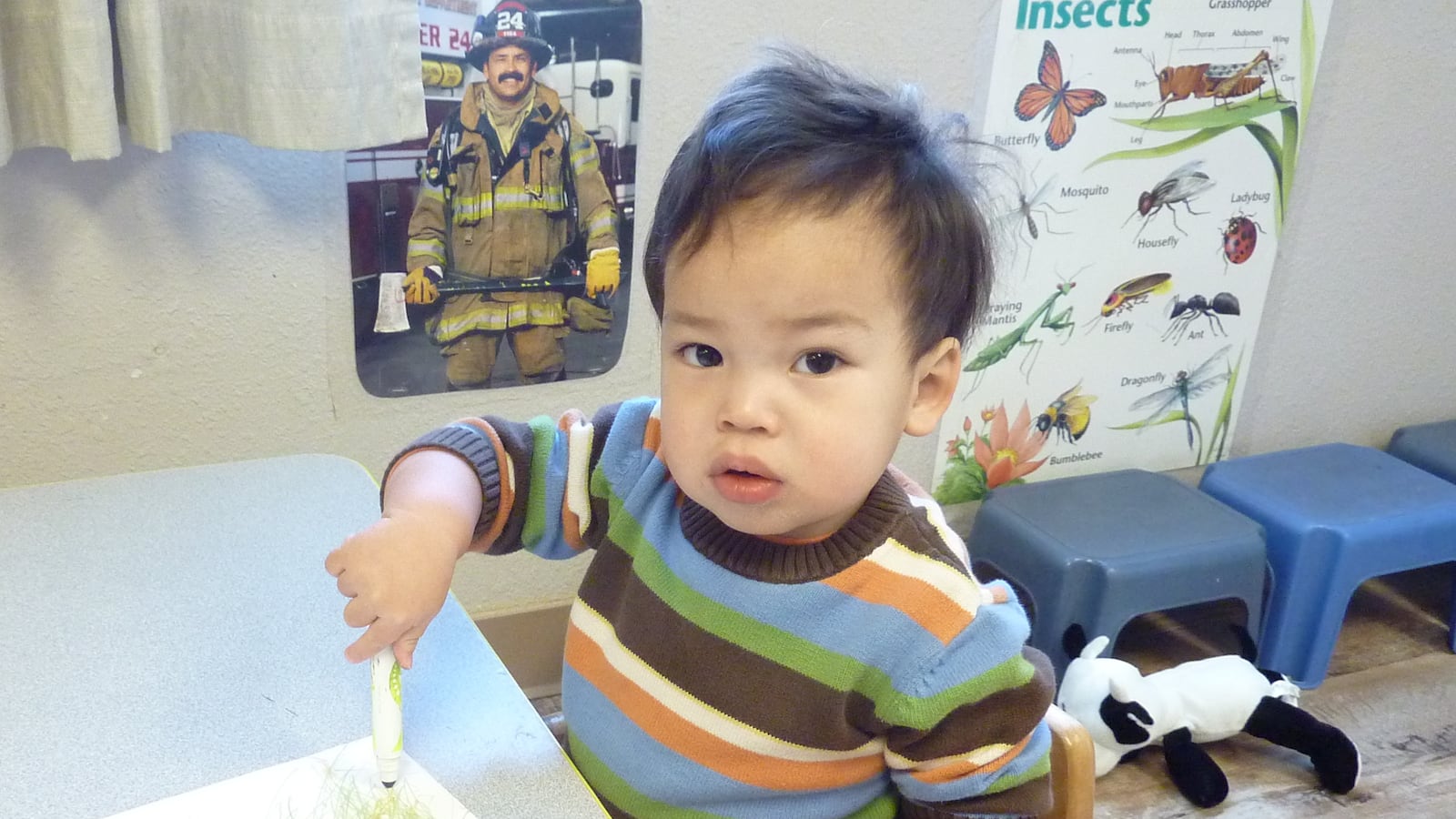A new paper released Monday identifies health and educational benefits for children whose mothers participated in a home visitation program that provides medical assistance and early childhood development.
The Nurse-Family Partnership program begins in prenatal stages and ends when the child turns 2. The program offers care to disadvantaged, first-time and single mothers. Registered nurses visit the women’s homes and assist both with medical needs and early education.
University of Chicago Professor James Heckman, in tandem with four other professors and researchers at major American universities, analyzed a Nurse-Family Partnership program in Memphis, Tennessee. The paper concludes, among other things, that Nurse-Family Partnership programs improve cognitive skills for babies of both genders by age 6, and specifically social and emotional skills for girls. At age 12, males whose mothers were involved in Nurse-Family Partnership program perform better academically.
“It is very important to provide a strong start early in life,” said Maria Rosales-Rueda, a professor at the University of California, Irvine and one of the paper’s authors. “We have seen several research children arrive to school already with big gaps between low socioeconomic status and high socioeconomic status. Programs like Nurse-Family Partnership target low income very disadvantaged families, first-time mothers, sometimes teenagers, by helping them to invest in their children.”
Nurse-Family Partnership receives federal funding from the Maternal, Infant and Early Childhood Home Visiting Program. The funding expires Sept. 30. If Congress does not reauthorize the program, Nurse-Family Partnership and other early childhood programs could lose crucial federal dollars, said Fran Benton, a spokesman for the program’s national office.
Rosales-Rueda said she hopes the paper will help raise awareness about the effectiveness of Nurse-Family Partnership.
Currently, its programs are widely available in Colorado, according to Michelle Neal, director of the program at the Denver-based organization Invest in Kids. While federal funding makes up a smaller portion of Nurse-Family Partnership’s revenue, Neal said if the federal funding is not reauthorized, Colorado’s program could be in jeopardy.
“In Colorado at least we have great support for the program in that we’re available in all 64 counties,” she said. “A (paper) like this can have an impact on our advocacy to have the federal funding be reauthorized because that’s up in the air. We need that funding to continue flowing after October 1.”
Correction: A previous version of this story misstated when federal funding for the Nurse-Family Partnership expires.

